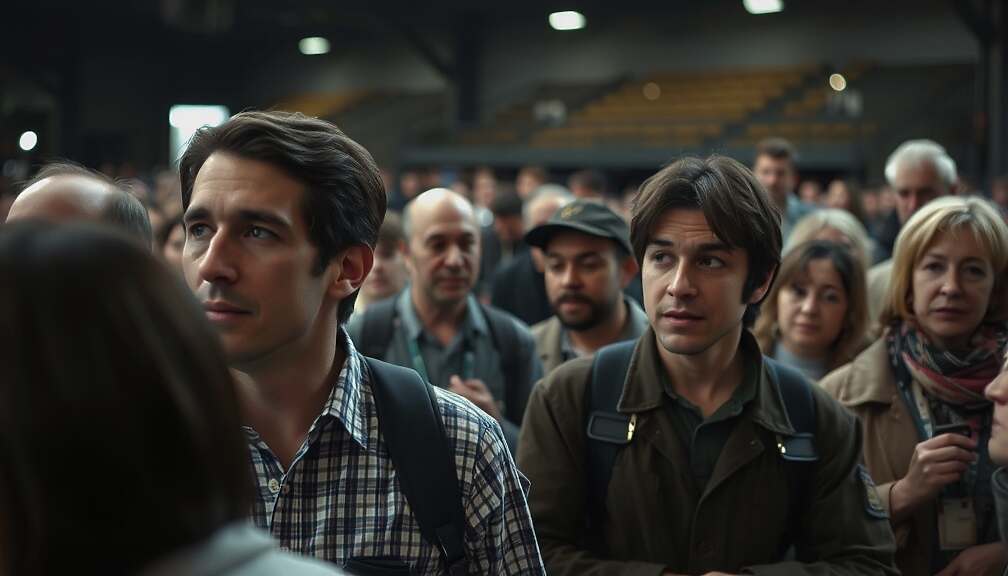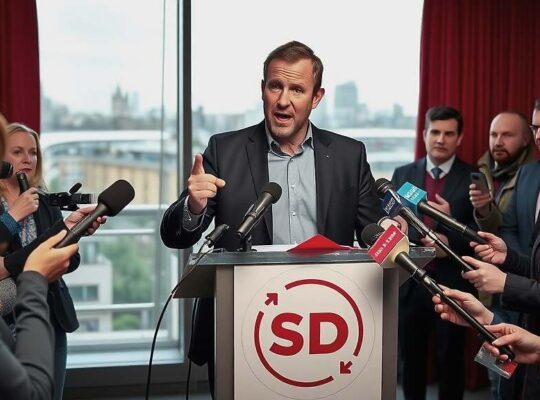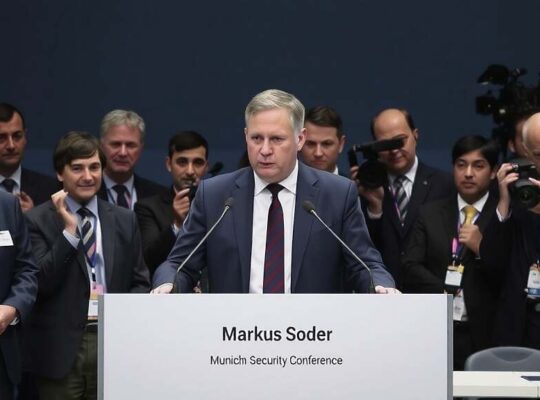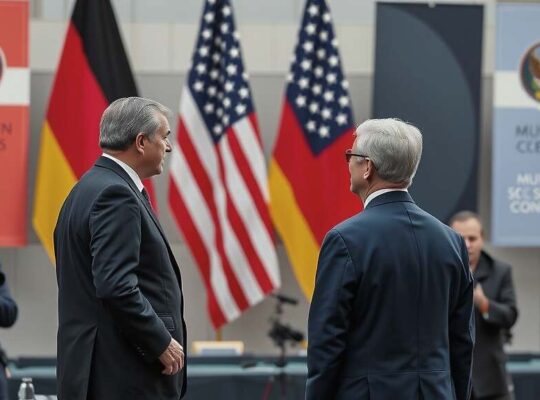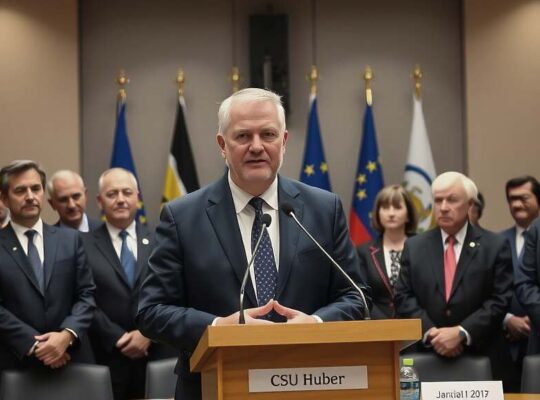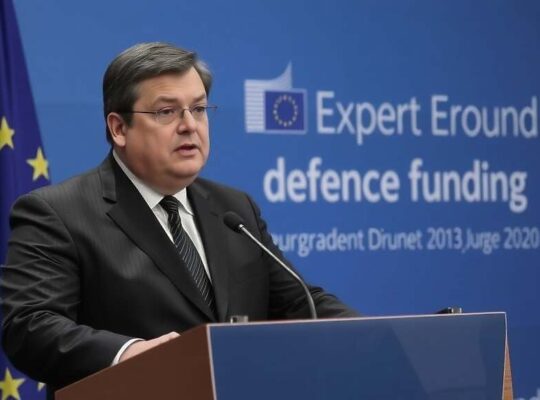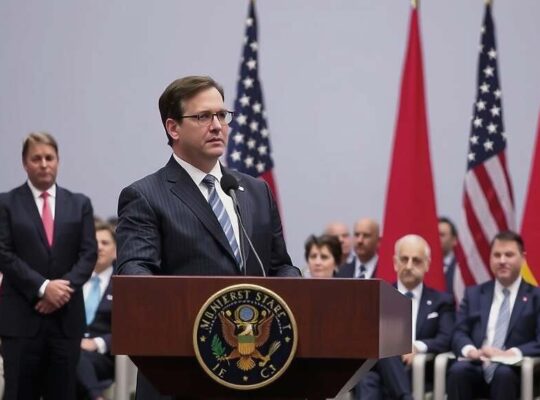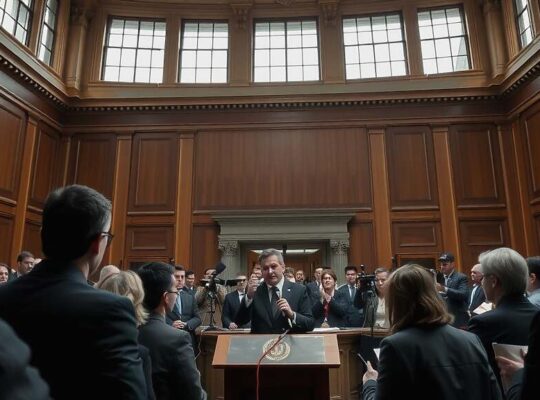The German party Die Bewegungen Soziale Freiheit (BSW), spearheaded by Sahra Wagenknecht, is poised for a significant leadership reshuffle as General Secretary Christian Leye announces he will not seek another term. Instead, he intends to run for the position of Deputy Party Leader at the upcoming party conference in Magdeburg on December 6th and 7th, a move signaling a potential shift in the party’s internal dynamics and strategic direction.
Leye’s departure, detailed in an interview with “Welt” emphasizes a need for BSW to “sharpen its political profile” and “find itself more strongly”. He stated that a focus on substantive policy development is paramount, a focus diminished, he believes, by the heavy demands of the General Secretary’s organizational responsibilities. This signals a potential distancing from the day-to-day management of the party to concentrate on its core ideological tenets.
Speculation is rife concerning the future composition of the party leadership, particularly surrounding Wagenknecht’s own role. Rumors suggest she might step back from a prominent position within the executive board, though Leye emphatically dismissed speculation surrounding potential successors, promising a definitive “personnel tableau” will be presented by the leadership team, including Wagenknecht, on Monday. He underscored Wagenknecht’s indispensable contribution to the party’s success, stressing her popular appeal and credibility amongst the electorate.
The impending reshuffle occurs amidst ongoing internal debates regarding BSW’s political orientation. Wagenknecht has reportedly advocated for the incorporation of conservative positions, a stance that contrasts with a segment of the party base that prioritizes traditional left-wing values. This friction led to the recent resignation of Oliver Jeschonnek, co-leader of BSW in Hesse, who characterized the party as “Left 2.0”. Leye defended the party’s composition, acknowledging its roots in the former Die Linke while simultaneously pointing to the importance of incorporating new members to ensure its continued evolution.
Christian Leye, widely regarded as the architect of BSW, has overseen the party’s remarkable rise from a nascent movement to a formidable political force. He highlighted his integral role in the party’s foundational years, emphasizing the significant organizational and structural groundwork he laid. He stated the party’s success as the most successful party founding in the Federal Republic of Germany, a success attributed to his central contribution and the long hours devoted to building its structure and discipline.
The leadership transition represents a critical juncture for BSW, raising questions about its future political trajectory and the continued influence of its most recognizable figure, Sahra Wagenknecht.


